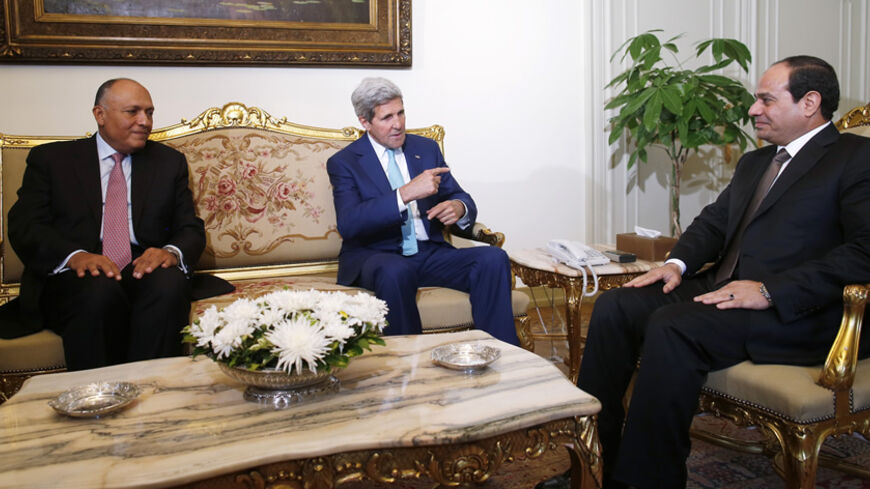When US President Barack Obama said on Aug. 6 that he has "great sympathy" for the Palestinian Authority and its leaders, it was not a phrase taken from the traditional diplomatic dictionary. While he believes that Abbas is too weak to make historic decisions (as stated in The New York Times interview on Aug. 8 with Thomas Friedman), his sympathy for Abbas reflects his support for the Palestinian leader. It is doubtful Obama would have used the same lingo in describing his attitude to Prime Minister Benjamin Netanyahu.
Washington, according to senior State Department officials, respects Abbas' firm stand against violence — without this position it is likely that a third intifada would have erupted during the Gaza war. US Secretary of State John Kerry has spent much time on the phone with Abbas regarding cease-fire arrangements and appreciates the distance he took from Hamas in times of war with Israel. In the independent views and regional activity of Abbas, Washington sees an opportunity to create a bridge between the Gaza arrangements and Israeli-Palestinian conflict resolution. American diplomats claim that US diplomatic activity in the region is necessary, even if only to avoid greater destabilization in Palestine in the aftermath of the war. This means a renewed focus on security cooperation and settlement freeze.



